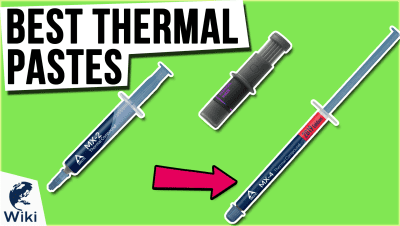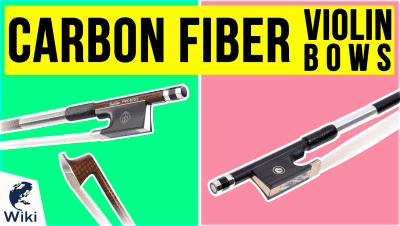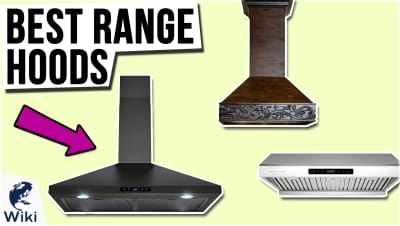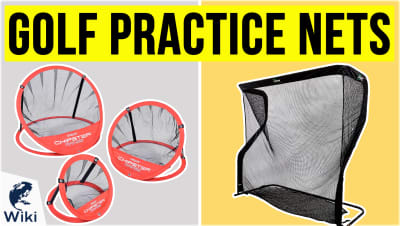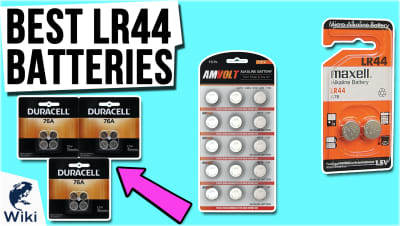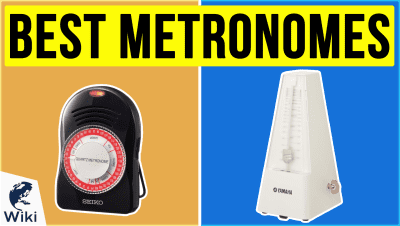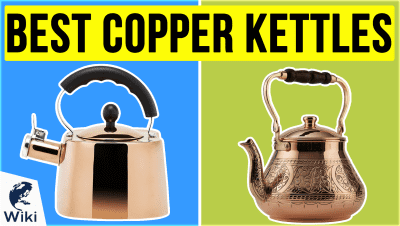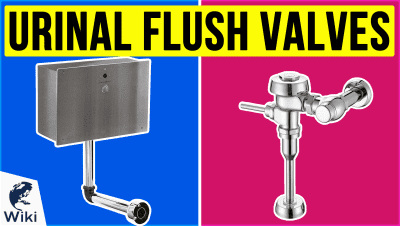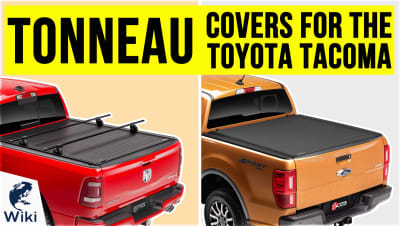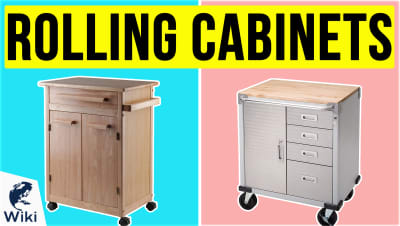Equipment Leases: Avoid These 4 Mistakes
Leasing equipment is sometimes a necessary part of a growing business, but before you sign that agreement, make sure you aren't setting yourself up for failure. Here are the 4 most common mistakes that you can make when taking an equipment lease. The information provided here is for general information only and should not be used as legal advice.
4 Mistakes People Make With Equipment Leases
- Not doing your research. Find out all you can about the leasing company so you don't get taken by a fly-by-night operation.
- Forgetting to include important points. The devil is in the details. Your lease agreement needs to cover all aspects of the rental, including all associated costs and liabilities.
- Not doing the math. Knowing how you'll cover costs down the road is vital in determining if this is a good deal for your business.
- Mistake #4: Not considering all your options. Though an equipment lease seems like the easiest option now, it might come back to bite you in the future if you haven't thought it through. If you end up stuck in a bad situation, find an attorney who can help you.
Fraud In Leasing: How To Protect Yourself
- Know your vendor, broker, or borrower.
- Confirm the model, description and actual value of the equipment if you are not familiar with it.
- Avoid last minute document changes and last minute promises.
- Determine if a third party will use or possess the equipment.
- Determine if affiliated businesses are involved.
- Insist on direct access to information and sources
- Determine if there is over-reliance on a particular source of business
- Be suspicious of non-traditional, confusing, or overly complex documents
- Avoid rush transactions and special accommodations
- Check references
- Avoid side letters or agreements that do not reference the other transaction documents.
How Common Are Equipment Leases In Business?
According to one survey, 68% of the total value of equipment and software in the US was acquired through the use of financing, while 32% was bought with cash. Out of the 68% that was financed, 39% was leased, 16% used a loan, and only 13% used a line of credit. Also, you should keep in mind that equipment leases are somewhat easier to get because the ownership is still in the hands of the lessor. This makes getting the lease easier for small businesses because of the lack of a credit history.
Types Of Equipment Leases
| 1. | Finance Lease | Also called a nominal or 1 dollar buyout lease. The most significant advantage to this lease is the fixed monthly payment. There is no uncertainty when the value of the equipment is in question because it is usually part of the initial agreement. |
| 2. | Sale or Leaseback | The good thing about this type of financing is that you can use your equipment to get capital for the expansion of your business. Also, the monthly payments are 100% tax deductible. |
| 3. | Operating Lease or Fair Market Value Lease | The main feature of this type of lease is that there is not a full payout at the end of the lease. The payments are therefore lower and there is an option to purchase the equipment at the end of the lease for fair market value. Payments under this lease are 100% tax deductible. |
| 4. | PUT Option Lease | This kind of lease is made in order to set a mandatory purchase price, which will help both the lessor and lessee to have secured payments and buyout and the end of the agreement. It is usually expressed as a percentage. |
| 5. | TRAC Lease | This type of lease is used mostly for vehicles like trucks and tractors. The IRS code allows for pre-determined residual value to be established in advance while having full tax deductibility. |
How Do I Find Out If A Leasing Company Is Legitimate?
Even if you are not actively seeking a lease, you probably get a lot of emails and phone calls from different financial companies offering you services. A great industry resource is the National Equipment Finance Association, which you can consult about the company in question and find out important information regarding their history.
What Factors Affect My Credit Score?
You actually have multiple credit scores, and they may differ depending on the source. Banks will also look at your full credit report, not just the score. But among the factors that affect your credit score, here is a breakdown that comes from Wells Fargo:
| Percentage | Category | What it means |
|---|---|---|
| 35% | Payment History | Whether you pay your bill on time. Don't miss a payment, or it could affect your score for years. It's always best to pay your balance off in full each month. |
| 30% | Utilization | How much money you currently owe. If you have a lot of credit extended to you but don't carry big balances, you're proving to banks that you're responsible. |
| 15% | Credit History | How you've been with your credit in the past. If you just got your first credit card, it's going to take time for you to build up a history that shows you consistently pay your bills. |
| 10% | New Applications | If you apply for a lot of cards in a short period of time, that's a red flag for issuers. They want to see that you're capable of handling the credit that's already been extended to you, and that you'll be able to pay off the charges you make. |
| 10% | Types of Credit | Home loans, credit cards, auto loans, and student loans are all examples of credit, and the more types of credit you have, the more you're proving yourself to be a reliable and trustworthy customer. |
In Depth
Your new business is doing great, and it's time to expand. If the demand for your products is greater than your current ability to produce them, leasing larger equipment may seem like a good idea. However, that fine print can easily trip you up. These are the four biggest mistakes people make with equipment leases that you'll want to avoid.
Mistake #1: Not Doing Your Research. Fraud among leasing companies has grown exponentially in recent years. One example is a company called Connie's Disposal Service in Richmond, Virginia, which got a $250,000 line of credit from Alliance Funding Group to lease equipment. The company billed Connie's twice for interest payments, so Connie's canceled the deal, but only got a fraction of their money back after Alliance deducted unnamed fees. This is actually a very common story among small businesses, which are often forced to pay large upfront fees because they need the equipment to keep going.
Leasing companies have been known to defraud not just their customers, but investors as well. A Santa Barbara company called Essex, and its founder Ralph T. Iannelli, were charged by the SEC for making false statements, issuing personal guarantees to investment advisers to induce them to invest large amounts of their client's money, to the tune of around $80 million. You don't want your business depending on someone who's just interested in a quick payday, so do your research. Be sure to read our full guide to equipment leases. Check it out now beneath this video.
You don't want your business depending on someone who's just interested in a quick payday, so do your research.
Mistake #2: forgetting to include important points. A good lease agreement will cover not just the terms of the rental, but who is responsible for repair costs, who is liable for injuries, and the option to buy the equipment at the end of the lease. Standard agreements have something called a Fair Market Value residual, which means you will have to make a large payment at the end if you want to keep the equipment.
One of the most famous cases of leasing fraud comes from Syracuse, New York. Patric Bennett ran a Ponzi scheme by using his parents' companies to sell nonexistent leases to investors, selling the same leases multiple times, including some that had already been pledged as collateral for loans. Ultimately scamming $600 million, he eventually spent 22 years in prison after playing with so many peoples' livelihoods.
Mistake #3: not doing the math. Sometimes business owners can be so focused on getting their equipment that they forget to run the numbers on how much it will ultimately cost. Beyond the rental charge, there are things like taxes, insurance, maintenance, and other hidden costs. The equipment will do you no good if it gets repossessed, so make sure you can pay the bills before you sign the lease.
Beyond the rental charge, there are things like taxes, insurance, maintenance, and other hidden costs.
Mistake #4: Not considering all your options. There are different ways to finance your equipment, and you have to weigh the interest you'll pay against not having to buy it outright now. Consider Ms. Karen Coon, who was convinced that she was getting a great deal on a solar panel lease, but didn't realize her contract had a built-in rate that would boost the cost of the electricity by 2.9% annually for 20 years. So for the first few years, she saved on her energy bill, but that disappeared, and she was stuck paying that pricey lease.
No matter how trivial it may seem, signing a lease agreement gives you a strong obligation towards your provider. A credit card machine company called "Northern Leasing" has clogged up Manhattan Civil Court with so many cases that state Attorney General Eric Schneiderman has sued the company for fraud, stating that they ensnare unsuspecting customers in unending lease agreements that they can't get out of.
We are not lawyers, and this is not legal advice, but if you're serious about your business, you'll want to make sure the provider is legitimate and that the agreement is sound. And if you do need to get out of your lease, find an attorney who can walk you through your options. For more information, refer to our full guide to equipment leases. You can find it right beneath this video.


